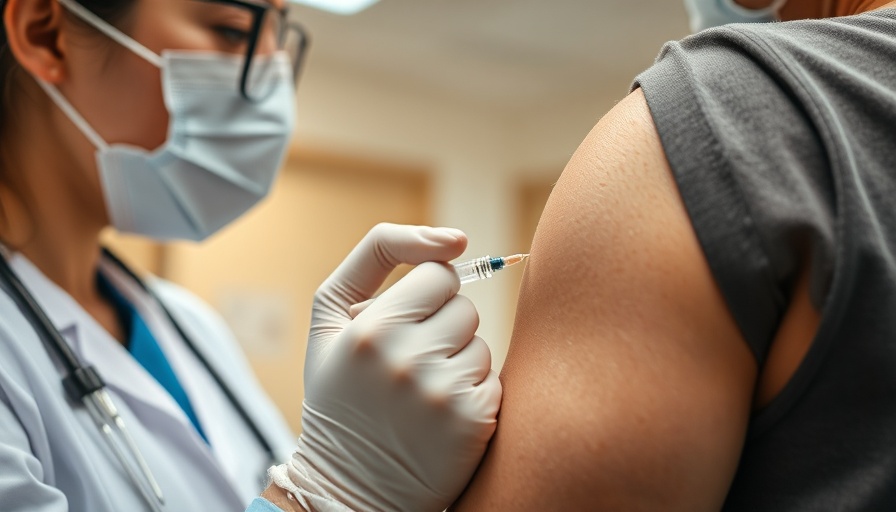
Measles Rates Soar: Understanding the Current Outbreak
In response to the recent measles outbreaks in Texas and New Mexico, which have seen more than 100 reported cases this year as opposed to 285 in all of 2024, it’s crucial to revisit your vaccination status. Health officials express concerns about the rapid spread of this highly contagious virus, particularly since most cases have emerged among the unvaccinated. Tragically, the death of an unvaccinated child in Texas has heightened these concerns, prompting discussions on the need for measles booster shots even among those previously vaccinated.
Vaccination Status: When to Consider a Booster
According to Dr. William Schaffner, an infectious disease specialist, individuals who have received both doses of the measles, mumps, and rubella (MMR) vaccine in their childhood likely enjoy lasting immunity. However, those vaccinated before 1968 might not have adequate protection due to the use of less effective vaccines during that period. Consequently, individuals in this group, along with healthcare workers or those exposed to measles outbreaks, could benefit from a booster.
Health Risks: The Severity of Measles
Measles remains one of the most contagious diseases worldwide, with potential severe complications, including pneumonia and encephalitis, leading to lasting health impacts or death. Data from the Centers for Disease Control and Prevention indicate that about 1 in 5 unvaccinated individuals hospitalized for measles may not survive. This urgency is underscored by reports of hospitalizations linked with the current outbreaks, stressing the importance of maintaining high levels of vaccination within communities to prevent further spread.
How to Verify Vaccination History and Immunity
If you are uncertain about your vaccination status, health experts recommend checking your records. However, if these records are unavailable, many health professionals suggest that receiving an additional MMR dose poses no harm and might provide peace of mind, especially for those living in outbreak areas.
Booster Recommendations Amidst Outbreaks
Most adults who were appropriately vaccinated in childhood don’t require a measles booster. The CDC emphasizes the importance of vaccination compliance during critical childhood years: the first dose typically administered at 12 to 15 months and a second dose between ages 4 to 6. If someone has received only one dose, local health authorities may recommend a second dose, particularly during outbreak scenarios.
Public Health Insights: The Importance of Herd Immunity
The recent increase in measles cases points to a concerning trend of falling childhood vaccination rates. Enhanced public awareness and campaigns aimed at improving vaccination coverage—especially among parents and caregivers—are essential. Vaccination not only protects individuals but contributes to community immunity, safeguarding those unable to receive vaccines due to health complications.
Overcoming Misinformation and Building Confidence
Misinformation around vaccine safety can impact immunization rates negatively. The MMR vaccine has proven to be effective and safe, and health professionals strive to educate communities about its benefits while addressing any concerns raised by vaccine hesitancy.
Embracing Preventative Health Measures
Amidst rising measles cases, it is vital for individuals and families to engage in proactive health measures, including reviewing vaccination records and discussing booster options with healthcare providers. Open conversations about vaccine efficacy and safety—coupled with robust public health initiatives—can support efforts to curb the spread of contagious diseases like measles.
As we navigate current health challenges, understanding the significance of vaccination and maintaining awareness of personal and community health risks is paramount. Everyone is encouraged to take charge of their vaccination status and consult healthcare providers to ensure optimal protection against measles and other communicable diseases.
 Add Row
Add Row  Add
Add 


 Add Row
Add Row  Add
Add 

Write A Comment